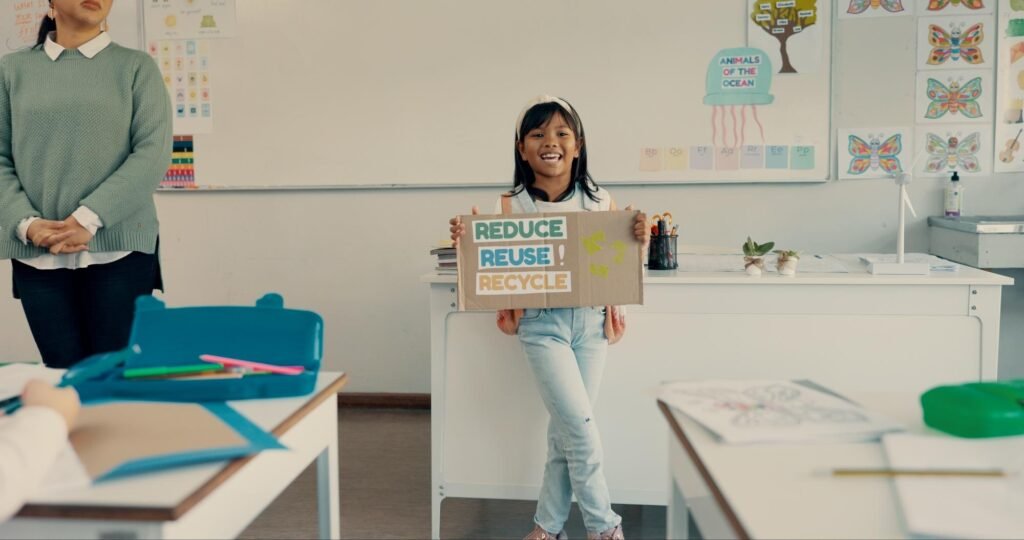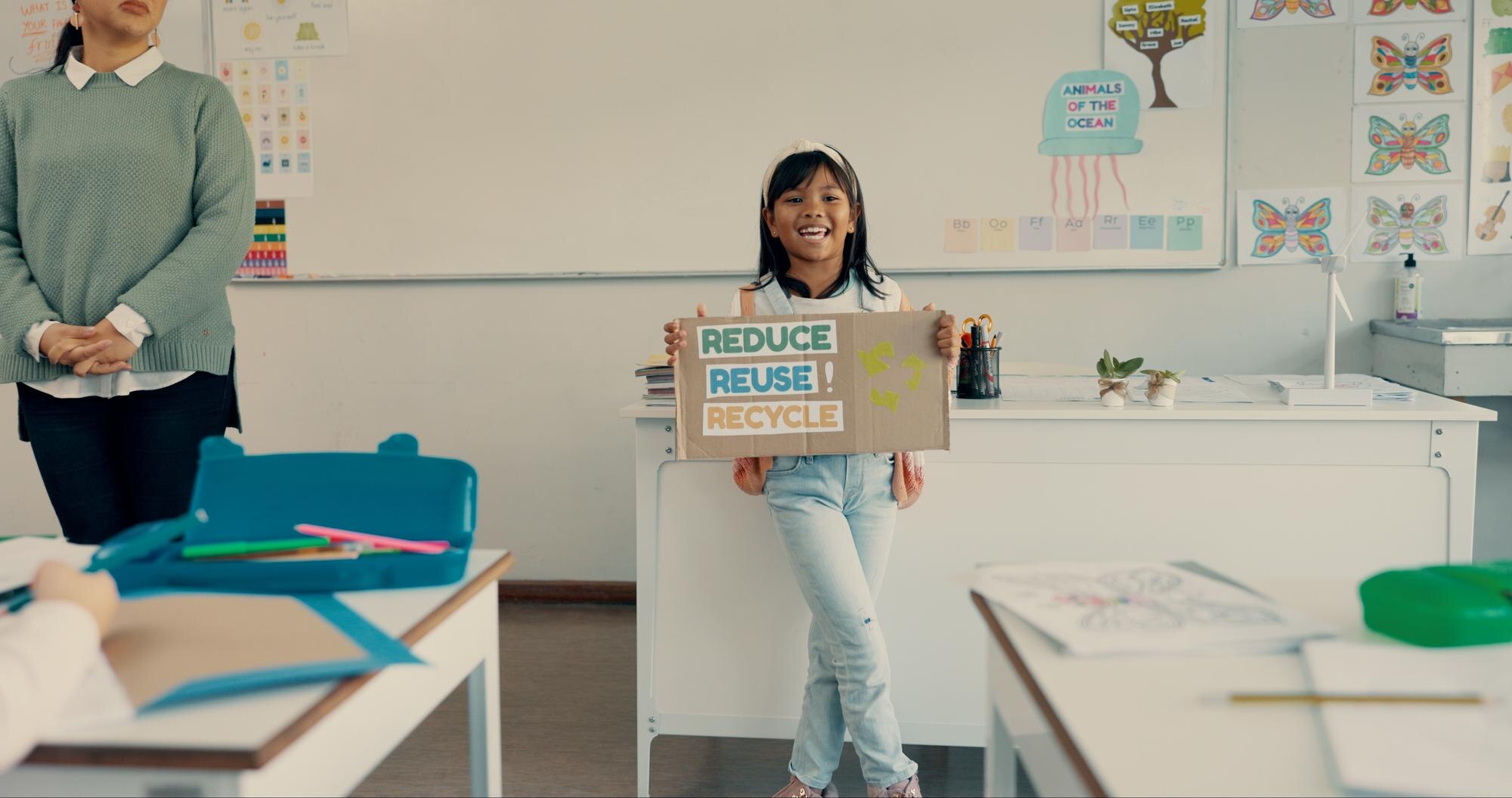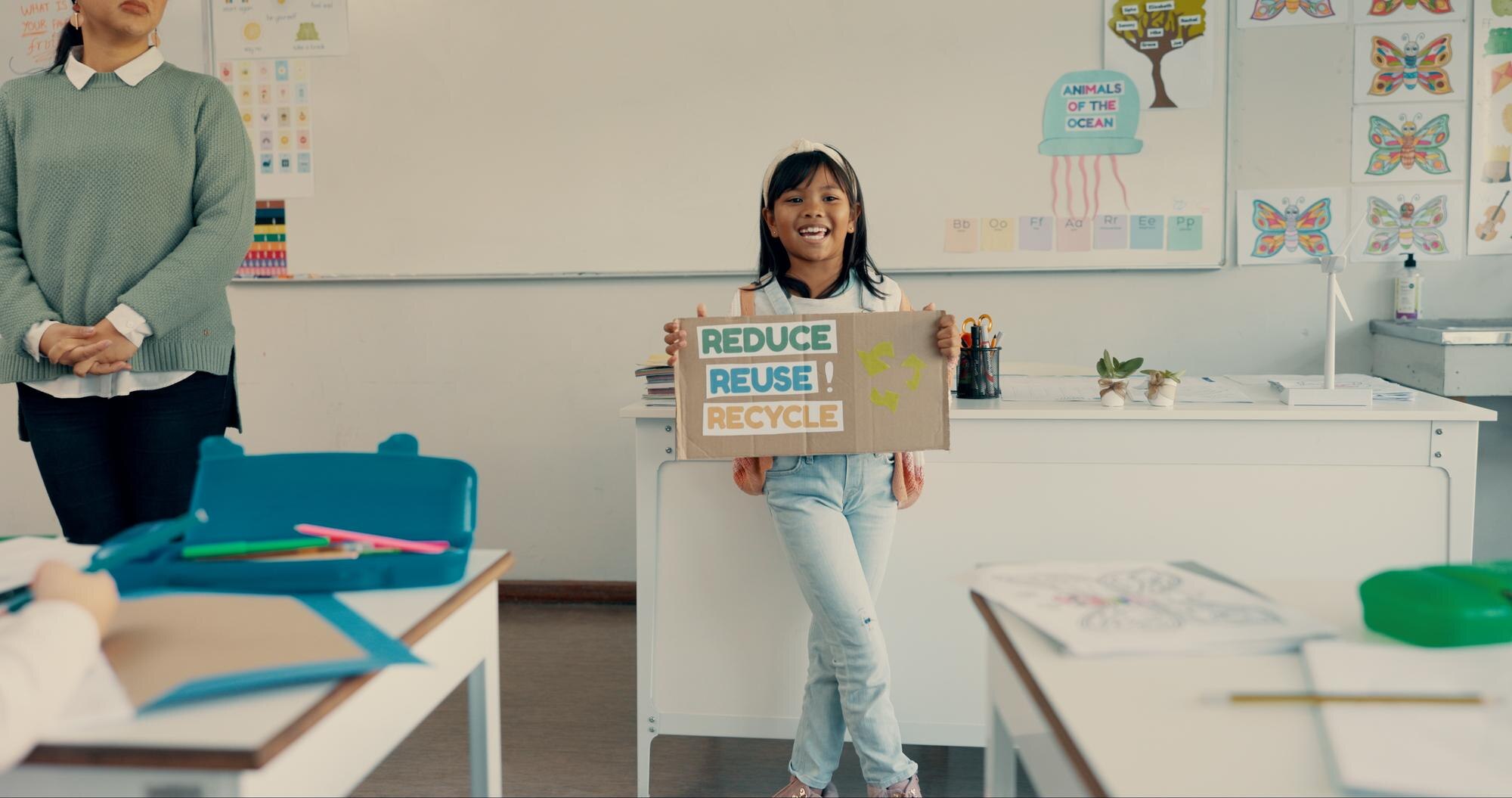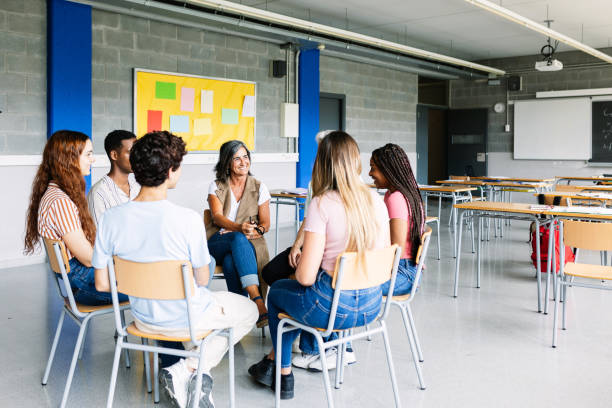
Empowering Gifted Students: Top Strategies to Foster Resilience and Confidence
Gifted students face unique challenges that can leave them feeling isolated and misunderstood. As an educator, you’ve likely seen the weight of perfectionism and anxiety on their young shoulders. But there’s hope—effective strategies can make all the difference. In this post, we’ll explore powerful tools to help you nurture resilience and confidence in your gifted students. Get ready to transform your classroom into a sanctuary of growth and strength. Let’s dive in and empower these bright young minds together. Learn more about building resilience here.## Building Resilience in Gifted Students

Building resilience in gifted students is crucial for their emotional and academic development. These students often face unique pressures and challenges that can impact their mental well-being. By focusing on emotional awareness and overcoming perfectionism, educators can create supportive environments that bolster resilience. Learn more about the importance of resilience in gifted students from the National Association for Gifted Children.
Cultivating Emotional Awareness
Emotional awareness is the ability to recognize and understand one’s own emotions and those of others. For gifted students, developing this awareness is vital as they often experience emotions more intensely.
Start by encouraging students to identify their emotions. This can be done through journaling or discussing feelings in a supportive setting. When students can name what they are feeling, they can better manage these emotions.
Teaching students to express their emotions in healthy ways helps build resilience. Art, music, and writing are powerful outlets for emotional expression. Encourage students to explore these creative avenues as a form of emotional management.
Promote a culture of open communication. Make sure that students know that it’s okay to talk about their feelings and that they will be heard and supported.
Overcoming Perfectionism’s Grip
Perfectionism can be a significant barrier for gifted students, leading to anxiety and fear of failure. To help students overcome this, educators must address the root causes and offer practical strategies for change. Discover strategies for managing giftedness and perfectionism here.
Help students set realistic goals. Break down large tasks into smaller, more manageable steps. This approach reduces the pressure to achieve perfection all at once.
Encourage students to embrace mistakes as part of the learning process. Mistakes should be viewed as opportunities for growth rather than failures. Share stories of famous inventors or leaders who learned from their failures.
Create a classroom culture that values effort over perfection. Celebrate persistence and hard work. Recognize students for their dedication rather than just their achievements.
Boosting Confidence in Education

Confidence is a key factor in a student’s ability to succeed academically and personally. By fostering self-advocacy skills and using positive reinforcement, educators can significantly enhance a student’s confidence. Learn more about building confidence in educational settings with insights from Kaltman Law.
Encouraging Self-Advocacy Skills
Self-advocacy empowers students to take control of their educational journey. It involves understanding their own needs and effectively communicating them to others.
Teach students to identify their strengths and challenges. This self-awareness is the foundation of effective self-advocacy.
Role-play scenarios where students practice asking for help or expressing their needs. This builds confidence in real-world situations.
Provide opportunities for leadership. Encourage students to lead projects or discussions, giving them a chance to use their voice and advocate for their ideas.
By developing these skills, students gain confidence and feel more in control of their educational experiences.
Positive Reinforcement Techniques
Positive reinforcement is a powerful tool in building student confidence. It involves recognizing and rewarding desired behaviors, which encourages students to repeat them.
Use specific and sincere praise. Instead of general compliments, highlight specific actions or qualities. For example, “I appreciate how you helped your classmate with their project.”
Implement a reward system. This can be as simple as a sticker chart or a point system for positive behaviors. Rewards should be meaningful and motivating for students.
Create an environment of positive feedback. Encourage peer-to-peer recognition, where students acknowledge each other’s contributions and successes.
These techniques not only build confidence but also create a more supportive and encouraging classroom atmosphere.
Emotional Support for Gifted Youth

Gifted students often need specialized emotional support to navigate their unique challenges. Creating a safe learning environment and fostering peer connections are essential steps in providing this support. Explore strategies for emotional support in gifted youth from Louisiana Curriculum.
Creating a Safe Learning

A certified Heal Your Life® Coach with 20+ years in education and emotional development. Supports gifted teens in navigating anxiety, perfectionism, and identity challenges, while equipping parents with practical tools for lasting transformation. Sessions blend emotional healing, mindset mastery, and strategic empowerment.



